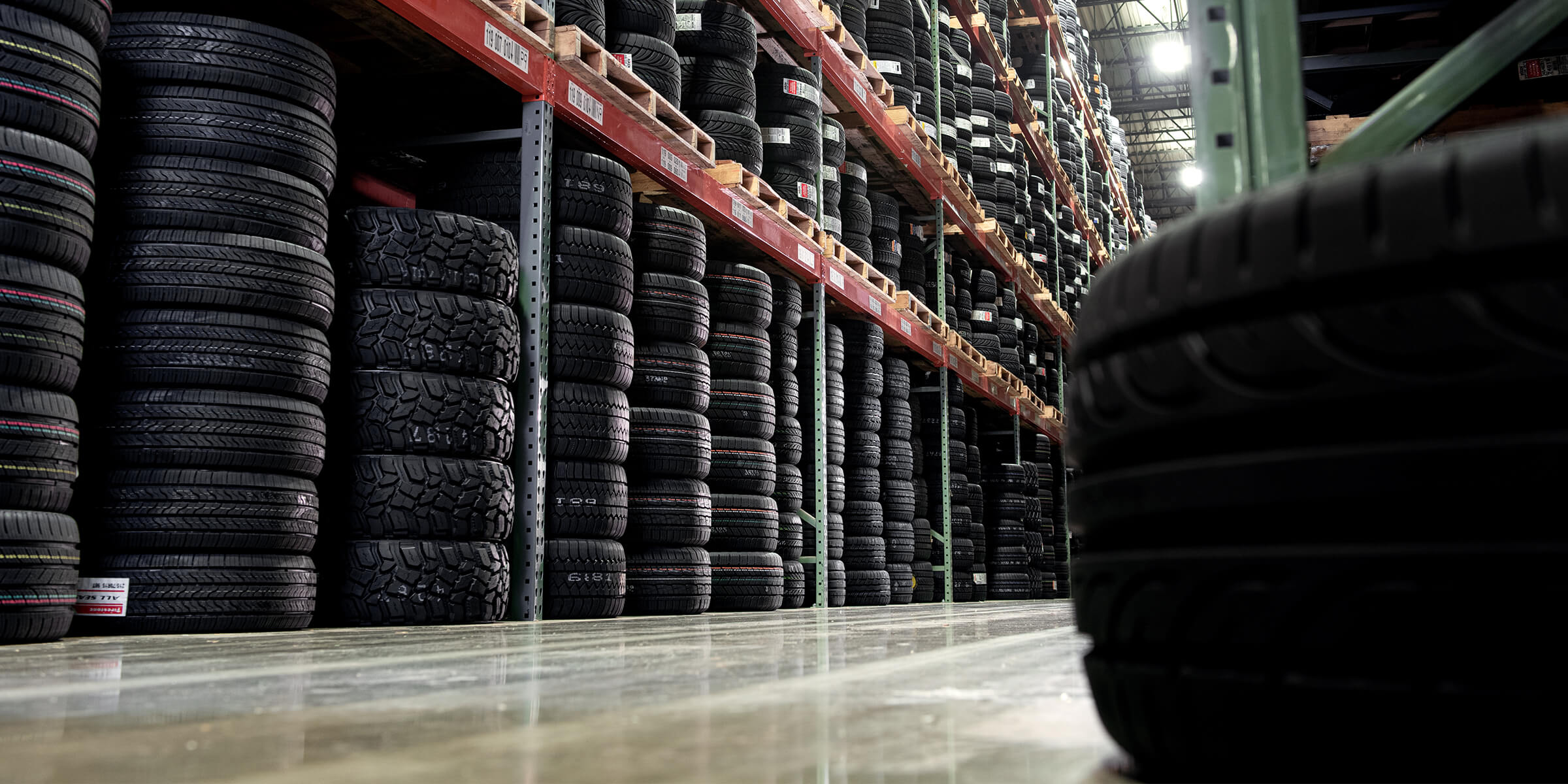Affordable Discount Tires Morris IL: Irresistible Costs, Top Quality Ensured
Affordable Discount Tires Morris IL: Irresistible Costs, Top Quality Ensured
Blog Article
Tire Service: Comprehending Tire Pressure Surveillance Equipments
Understanding Tire Pressure Surveillance Systems (TPMS) is a crucial aspect of preserving optimal vehicle performance and safety on the roadway. With advancements in automobile modern technology, TPMS has actually come to be a conventional attribute in modern-day automobiles, providing real-time information on tire stress levels.

Importance of TPMS
The importance of Tire Pressure Tracking Equipments (TPMS) depends on their capability to enhance vehicle security and performance via real-time monitoring of tire pressure levels. Preserving the right tire pressure is essential for guaranteeing optimal handling, braking, and general safety of a car. TPMS gives chauffeurs with prompt responses on any type of underinflated or overinflated tires, enabling prompt changes to be made.
Components of TPMS
Consisting of different crucial elements, a Tire Pressure Tracking System (TPMS) functions as a sophisticated safety function in contemporary cars. The primary parts of a TPMS include sensing units, a control module, and a warning sign. Sensing units are normally situated in the tire valve stem or connected to the wheel assembly, where they measure tire pressure and transfer information to the control component. If it spots dramatically reduced pressure in any of the tires, the control component processes this info and activates a warning. The warning indicator, usually a symbol on the dashboard, signals the vehicle driver to check the damaged tire or tires. Some progressed TPMS models additionally display the actual tire pressure readings for each and every tire, providing vehicle drivers with real-time info to ensure ideal tire performance and safety and security. By keeping track of tire stress continually, TPMS helps avoid accidents, decreases tire wear, and improves fuel efficiency, making it a crucial part for automobile safety and security and efficiency.
Kinds of TPMS

On the various other hand, indirect TPMS counts on the vehicle's wheel speed sensing units to check tire pressure. This system discovers underinflation by contrasting the rotational speeds of the wheels. Indirect TPMS is much less expensive than direct TPMS, as it uses existing sensing units within the vehicle.
While direct TPMS offers a lot more precise analyses, indirect TPMS is simpler in layout and commonly requires much less maintenance. Both systems have their constraints and benefits, and the selection between them commonly depends on elements such as expense, vehicle make, and personal choice. Comprehending the differences between these two kinds of TPMS can help vehicle proprietors make notified choices concerning tire upkeep and safety and security.
TPMS Upkeep Tips
Conduct routine checks on the tire stress levels and compare them with the TPMS analyses to guarantee they are constant. Throughout tire turning or replacement, make sure that the TPMS parts are dealt with thoroughly to prevent any potential damage. If the TPMS alerting light brightens on the control panel, resolve the issue promptly by inspecting the tire pressures and the general system for any faults.
Benefits of Correct Tire Pressure
Maintaining proper about his tire pressure, as emphasized in TPMS Upkeep Tips, is essential for reaping the numerous benefits linked with ideal tire pressure degrees. Additionally, appropriate tire pressure makes certain even tire wear, extending the life-span of the tires and promoting much safer driving conditions. In conclusion, the benefits of proper tire stress go beyond just tire long life; get more they encompass enhanced gas effectiveness, boosted security, much better automobile efficiency, and overall driving convenience.
Conclusion
In conclusion, understanding tire stress surveillance systems (TPMS) is essential for keeping ideal tire pressure and making sure automobile security. By acknowledging the importance of TPMS, knowing with its elements, knowing the different kinds readily available, sticking to correct maintenance pointers, and recognizing the advantages of keeping proper tire stress, vehicle drivers can boost their driving experience and lengthen the lifespan of their tires. Correct tire pressure is vital to efficient and risk-free vehicle operation.

Report this page